
Top 7 winter drinks from around the world
Winter is the perfect time to curl up in a warm blanket and enjoy drinks that bring coziness and holiday cheer. Here are seven winter drinks that are perfect for cold days




U.S. Army planners believe they may have to fight a "near-peer" adversary within five years. This position is shared by the executive director of the Lexington Institute Loren Thompson, who shared her reasoning with Forbes.
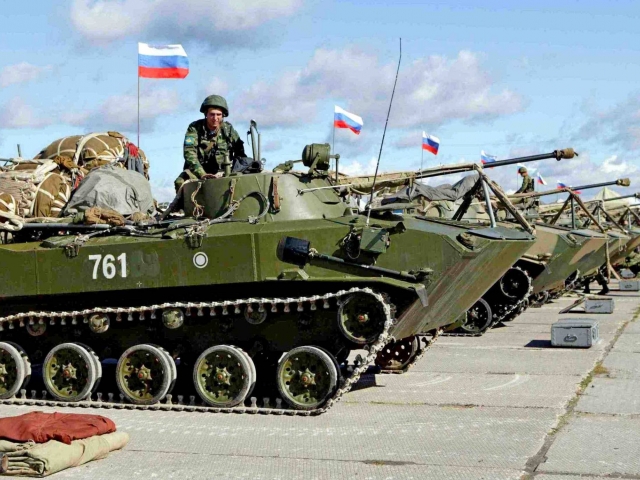
Near-peer in this case means a rapidly modernizing Russian military seeking to regain lost ground along Russia's border with Europe. Losing such a war would drastically reshape the geopolitical balance in Europe, and reduce U.S. influence.
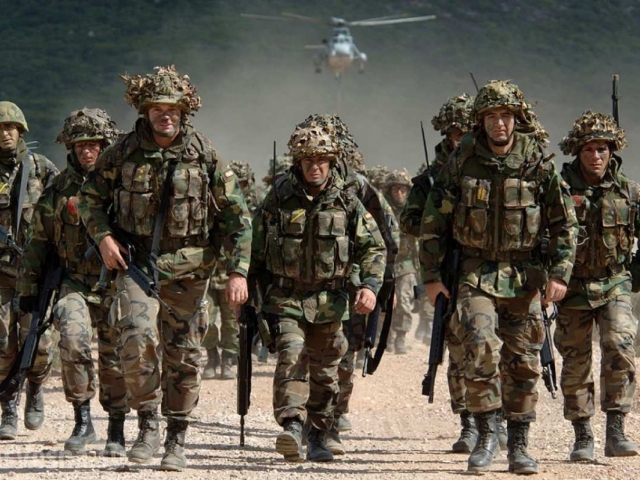
This bleak outlook arises because of many reasons, notes the expert. The first one is strategic misjudgments by the last two U.S. presidents. George W. Bush removed two U.S. heavy (armored) brigades from Europe during the closing days of his presidency, and then Barack Obama proposed a strategic "pivot" to the Pacific that further reduced America's military presence on the ground.
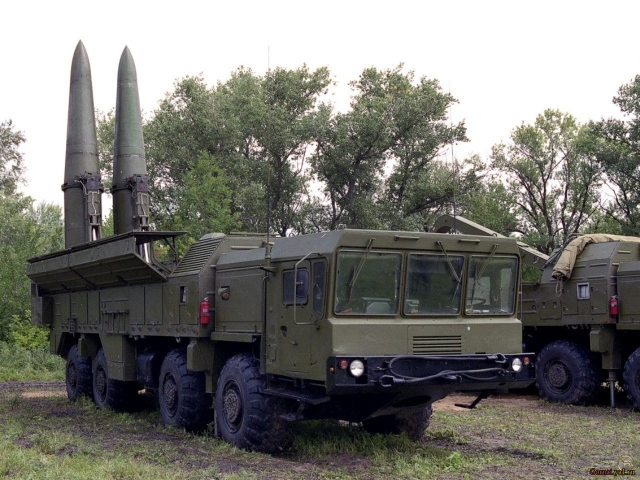
The second reason of the possible lose is the fact that the Army is starved for resources, getting only two days of federal funding each year -- about $22 billion -- for new equipment. In 2010, Russia embarked on a ten-year, $700 billion program to buy new weapons, with most of the money going to land-based ground and air forces.
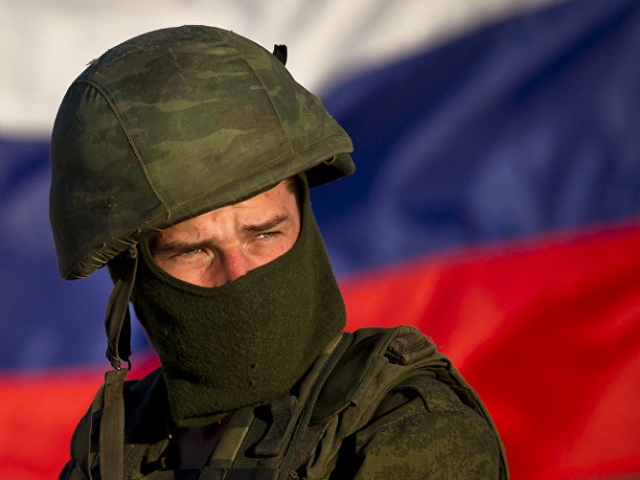
The third reason why the America's Army is poised for defeat is the geography factor. Fighting in Eastern Europe isn't like waging war in the Ardennes Forest or the Fulda Gap. It is much farther from the main points of entry by which U.S. ground forces would reach Europe, and there would be weeks of logistical delays in getting heavy equipment to the front. The geography of the region would largely exclude U.S. sea services from the fighting. Because the biggest concentrations of Russian military power are close to the border and thus can move with minimal warning, Moscow might achieve its objectives before U.S. forces arrive.

The expert believes that the fourth reason is the fact that the Army is woefully unprepared. The U.S. Army only has two permanently stationed brigades left in Europe, a light airborne unit and a second unit centered on the Stryker troop carrier. It can't match what Russia has.
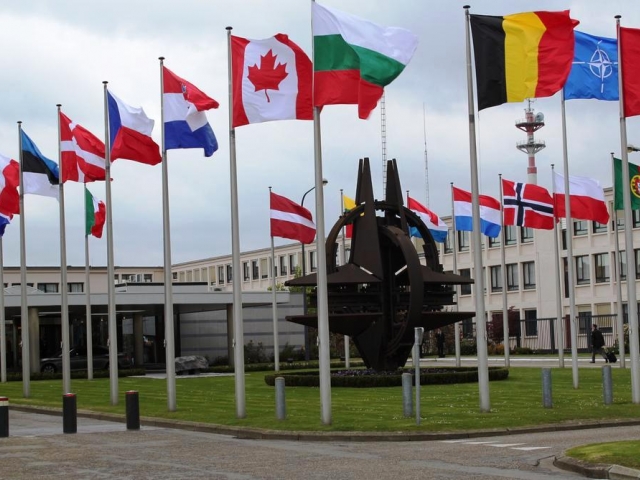
The analyst thinks that NATO allies won't be committed and this is the fifth reason. Comparisons of NATO and Russian military forces typically reflect huge numerical advantages for the alliance in personnel and equipment. However, it is far from clear that most allies would show up for a fight in the Baltic states or Ukraine (which isn't a member of NATO). Aside from the logistical challenge of getting there, the willingness of Western European publics to defend their eastern neighbors looks weak in opinion surveys.

Winter is the perfect time to curl up in a warm blanket and enjoy drinks that bring coziness and holiday cheer. Here are seven winter drinks that are perfect for cold days

Despite the widespread belief that ultra-wealthy individuals are leaving big cities in search of privacy, most still prefer to live in bustling metropolises, according to the latest billionaire census conducted by Altrata. Let's explore which cities today have the largest concentration of people with a fortune exceeding $1 billion

The European Union currently includes 27 member states, but the interest in joining continues to grow, with an increasing number of countries aspiring to become part of the bloc. This article highlights the countries advancing toward European integration and examines where they stand on this path